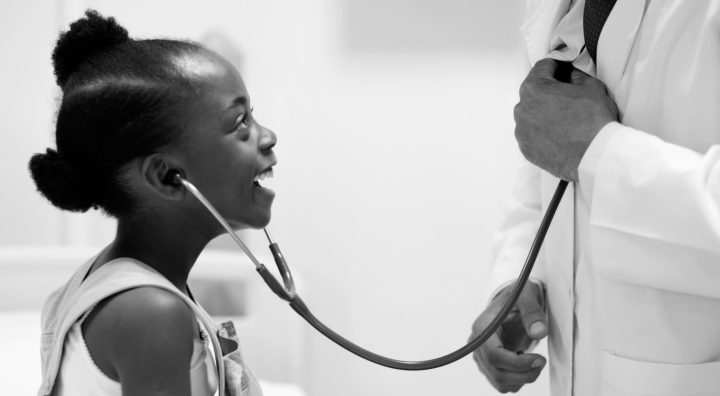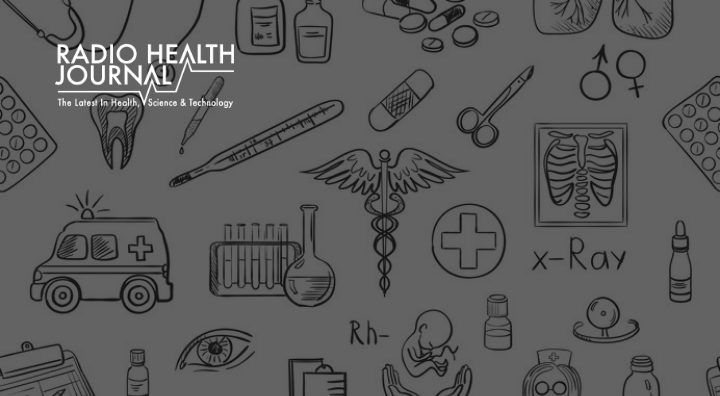Many people think that the worst thing to hear from a doctor after a test is “I don’t know.” But, hearing this could potentially save you from a false diagnosis. While all patients want a confident diagnosis, the expectation of clarity in the medical field is not consistent with the inherent uncertainty in practicing medicine and can lead to a surplus of false diagnoses. Dr. Steven Hatch, Assistant Professor of Medicine at the University of Massachusetts Medical School and author of Snowball In A Blizzard: A Physician’s Notes on Uncertainty in Medicine, discusses this issue and what can result from a fear of medical uncertainty.
While we expect our doctors to be confident in their diagnoses, Dr. Hatch says medical confidence does not necessarily mean competence. Medical schools may not always prepare physicians for the nuances and uncertainty of real life cases. And, because patients long to hear a clear answer and doctors want to give one, the result is often a false diagnosis. Far too many patients go through unnecessary treatment that could have been prevented if their doctor was transparent with his findings and patients didn’t always expect a clear explanation of their symptoms. Dr. Hatch pointed to mammograms and prostate cancer tests as examples of instances where many people expect one definitive result. Doctors and patients must weigh the risks and the benefits; the risk of a false diagnosis versus the benefits of the potentially life-saving properties of medical tests.
Dr. Hatch encourages physicians to express transparency with their patients, clearly sharing their level of confidence in a test result. By doing so, doctors maintain and often gain credibility, and patients can learn more about their condition. Hatch himself practices a method of expressing uncertainty to prevent a wrong diagnosis. By doing so, doctor and patient can come to a mutual understanding, rather than have “drive-through” medical care and diagnosis. Each patient and case is nuanced, and with the freedom to express uncertainty in test results, doctors and patients can both become more confident in making the best medical choices for each specific situation.
To learn more about medical uncertainty or to purchase a copy of our guest’s book, visit the links below.
Guest Information:
- Dr. Steven Hatch, Assistant Professor of Medicine at the University of Massachusetts Medical School and author of Snowball In A Blizzard: A Physician’s Notes on Uncertainty in Medicine
Links for more info:
- The Boston Globe – Dr. Steven Hatch investigates the ‘spectrum of certainty’











Leave a Reply